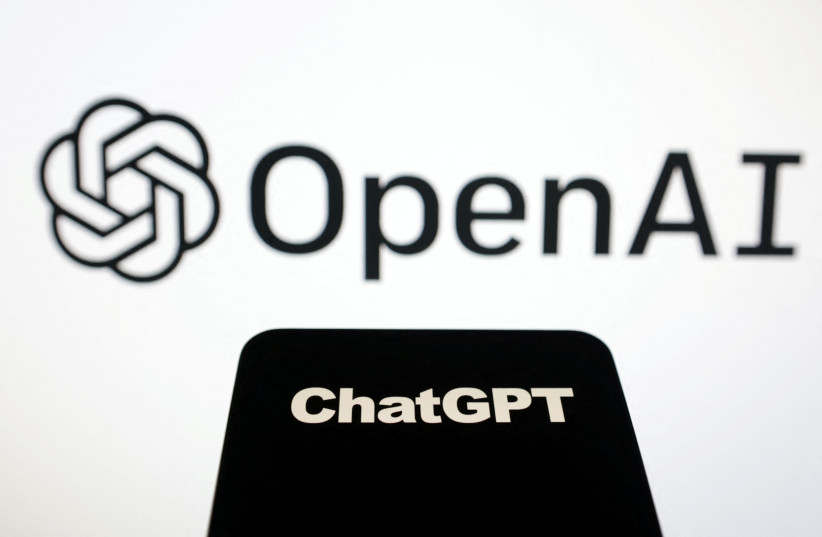You don’t have to be a tech professional to have heard about the buzz around the generative AI chatbots that have completely changed the paradigm surrounding artificial intelligence development. Whereas AI applications once worked behind the scenes to automate production and administrative office tasks, we’re now talking about chatbots with which every consumer can interact and utilize to produce intelligent content, ranging from emails and essays to movie scripts.
The novelty surrounding generative AI hasn’t been missed by the Start-up Nation, which has just gained the entry of one of the biggest innovators in the industry. Databricks, the AI giant that just announced the landmark $1.3 billion acquisition of OpenAI competitor MosaicML, expanded into Israel this summer.
Just last week, the company launched LakehouseIQ, a generative AI engine personalized to individual companies and organizations. It learns the unique quirks and internal jargon of an organization’s data, culture, and operations. The idea is to enable anyone at the organization to use the language they’d naturally use with a human colleague to search, understand, and query data.
LakehouseIQ helps employees get immediate answers to questions without requiring that they possess the technical skill required by traditional data analysis tools. Beyond understanding their unique business jargon and context to more accurately interpret the intent of the question, the engine even generates additional insights that could spur new questions or lines of thinking.
The launch of LakehouseIQ comes on top of other moves Databricks has made since expanding into Israel. During the company’s Data + AI summit, it announced new tools to enable developers to build generative AI applications directly into its flagship platform, Lakehouse.

Databricks office in Israel
Databricks already opened an office in Herzliya and hired a dedicated country manager, Lior Tzabari. Armed with deep knowledge of the local market and experience at Cloudera, Vertica, and HP, Tzabari plans to tap into local talent to grow the business and serve Databricks’s customers in the region.
“I firmly believe that data and AI adoption will accelerate our country’s already tech-savvy ecosystem of homegrown digital natives,” Tzabari said. “Our Lakehouse platform and the surge in demand for effective and scalable AI strategies makes us well positioned to support local customers on their data and AI journeys.”
An open and unified data management architecture, Databricks’s Lakehouse platform combines the flexibility, cost-efficiency, and scalability of data lakes with the data-management features of data warehouses, offering organizations business intelligence (BI) and artificial intelligence (AI) on all data.
More than half of the Fortune 500 companies rely on Lakehouse to unify their data, analytics, and AI, and Databricks runs on all major clouds, including AWS, Azure, and Google Cloud.
Databricks works with leading digital native companies in Israel, including OpenWeb, Nexar, Forter, and Kaltura. Databricks customers in Israel are already seeing tremendous value in leveraging the Lakehouse for data engineering, data science, and ETL (extract, transform, and load), and they are increasingly investing in data-analytics use cases.
